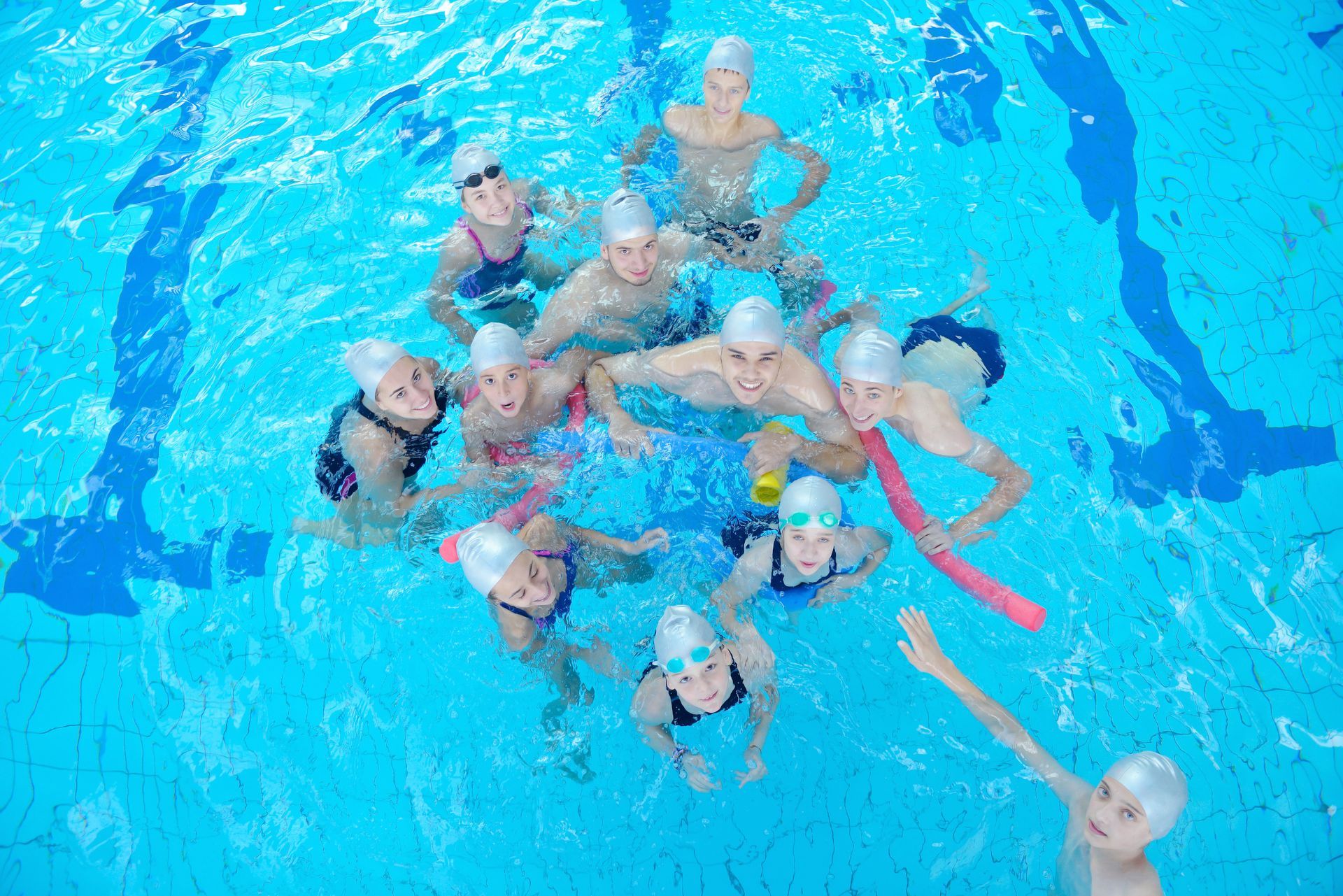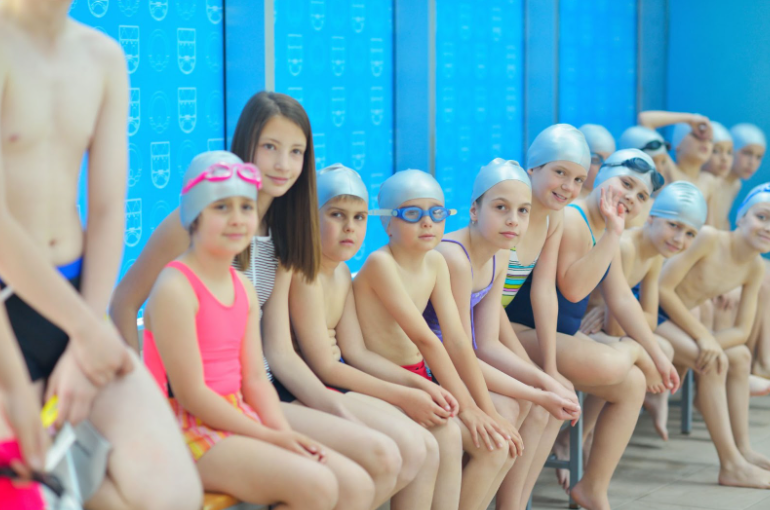3 Common Kicking Mistakes Swimmers Make

If you want to swim well, you must learn to kick well. It seems simple enough, but it’s easier said than done. Because kicking to propel yourself uses your muscles differently, it takes time and practice to do it properly. In the meantime, swimmers can be prone to making mistakes when it comes to their kicks.
Skipping Leg Day
You have leg day at the gym, and then there’s leg day at the pool. It’s easy to get caught up in the details of arm movements and breath control to the detriment of your kicks. While those are important aspects of swimming that are worth devoting time to, you should also dedicate plenty of time toward working on your kicks. Spend time on kick sets and kicking drills. Take a few sets to focus on how you kick while you swim. Pay attention to how you’re moving and how that compares to the proper form for that type of kick. As you work on your kicks while you swim, you should notice that they start to improve.
Kicking Too Much
There’s no such thing as kicking too much, right? Actually, there is. In most cases, kicking as hard as you can doesn’t make you go faster (unless you’re in a sprint race). Think about it–your legs have a significant amount of muscle mass. Those muscles need blood and oxygen to function. Kicking as hard as you can significantly increases the demand those muscles place on your cardiovascular system. The only thing you’ll accomplish is tiring yourself out more quickly. Instead, focus on your body rotation and pull technique. Allow your kicks to support your rotation and come at a natural pace.
Kicking Too Big
Bigger isn’t always better, at least not when it comes to swimming. You might think that bigger kicks help you move faster by pulling more water. That’s not how it works though. Kicking bigger actually slows you down because it creates more drag. Instead of kicking bigger, work to minimize the amount of time your legs spend outside of your bodyline. Your kicks will be smaller, which also allows them to be faster.
Kicking mistakes can be common among swimmers, especially without the help of lessons or coaching. Working with a swim coach and taking swim lessons provides you with valuable feedback that you can use to get rid of bad kicking habits, if not avoid forming them altogether. Given how important developing a good kick is to swimming, it makes sense to devote time and energy to getting it right.
Kicking mistakes aren’t the only mistakes swimmers are prone to making. Click here for SwimJim’s take on common swimming mistakes made by beginners and what to do about them.
The post 3 Common Kicking Mistakes Swimmers Make appeared first on Swim Jim.







